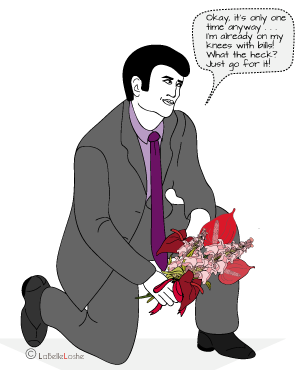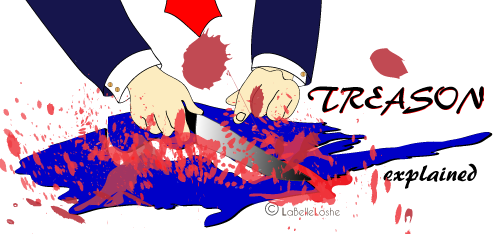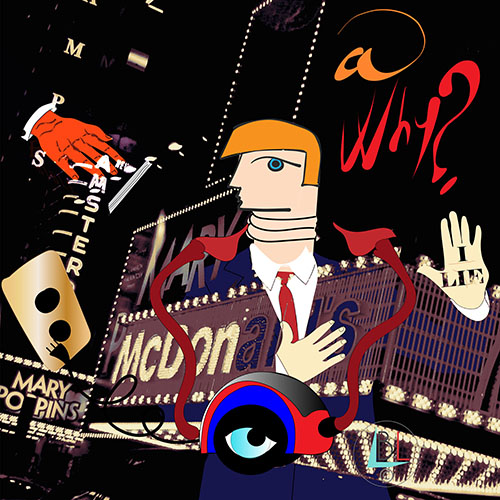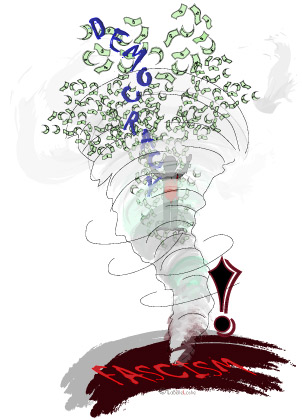Understanding pageantry
N oun: pageantry, a colorful, rich or splendid display. In other words: is a spectacle.
Apart from visual body display of "the spectacle," pageantry is also a correlation between language and psychology. Language is not only a form of expression but also is a form of behavior, by which humans adjust themselves to a social environment in which they belong to. All animals strut their stuff for various reasons too.
 We are caught between a form of biological representation, behavior, physiological and social conditions in order to come out with a “psychological explanation" or a “psychological interpretation” of a detailed “psychological interpretation” to anything that has been written and said it to be a final decision: theorems, laws, analysis, truths, how we dress, marriage proposals, behave in public, express ourselves, etc.
We are caught between a form of biological representation, behavior, physiological and social conditions in order to come out with a “psychological explanation" or a “psychological interpretation” of a detailed “psychological interpretation” to anything that has been written and said it to be a final decision: theorems, laws, analysis, truths, how we dress, marriage proposals, behave in public, express ourselves, etc.
One can say, the safest way not to be trapped into a web of false investigations, conclusions and final definitions, is learning where they come from, who are delivering them, what is the final objective and who will be collecting the benefit.
The Constitution
Modern societies describe Constitution as document of principles of the state, setting the structures and processes of government and the fundamental rights of its citizens in a higher law that cannot be unilaterally changed by an ordinary legislative act.
In other words, the Constitution is a final document binding everyone living in the same state. It is an internationally recognized document certified and approved by any modern democratic society, as a representation and protection of human rights.
Since 2016, the most poignant topic of discussion should be focused on:
Treason

U.S. Constitution - Article 3 Section 3
Treason against the United States, shall consist only in levying war against them, or in adhering to their enemies, giving them aid and comfort. No person shall be convicted of treason unless on the testimony of two witnesses to the same overt act, or on confession in open court.
The Congress shall have power to declare the punishment of treason, but no attainder of treason shall work corruption of blood, or forfeiture except during the life of the person attainted
Punishment for treason in the Constitution:
Whoever, owing allegiance to the United States, levies war against them or adheres to their enemies, giving them aid and comfort within the United States or elsewhere, is guilty of treason and shall suffer death, or shall be imprisoned not less than five years and fined under this title but not less than $10,000; and shall be incapable of holding any office under the United States.
NOTE:
U.S. Code › Title 18 › Part I › Chapter 115 › § 2381 18 U.S. Code § 2381 – Treason- US Code
The dictionary: noun treason
definition: the crime of betraying one's country, especially by attempting to kill the sovereign or overthrow the government.
synonyms: treachery, disloyalty, betrayal, faithlessness; More sedition, subversion, mutiny, rebellion
Real patriots of a nation should only stick to the antonyms such as :allegiance, loyalty and so on.
The pageantry of the OATH
When John Quincy Adams was sworn in on March 4th, 1825, as the sixth President of the United States by Chief Justice John Marshall, he did it without placing his hand on a Bible, but on a law book.
WHY?
The Constitution says nothing about Bibles or any other religious rites in relationship to the Oath of Office. In fact, the president-elect isn’t required to take the oath on any book.
Does the phrase "separation between church & state" rings a bell?
The reference is traced to a letter written by Thomas Jefferson on January 1, 1802 addressed to the Danbury Baptist Association in Connecticut, and published in a Massachusetts newspaper.
Jefferson wrote:
I contemplate with sovereign reverence that act of the whole American people which declared that their legislature should 'make no law respecting an establishment of religion, or prohibiting the free exercise thereof,' thus building a wall of separation between Church & State."
THEREFORE,  Article Six of the United States Constitution specifies that "no religious Test shall ever be required as a Qualification to any Office or public Trust under the United States." Prior to the adoption of the Bill of Rights, this was the only mention of religion in the Constitution.
Article Six of the United States Constitution specifies that "no religious Test shall ever be required as a Qualification to any Office or public Trust under the United States." Prior to the adoption of the Bill of Rights, this was the only mention of religion in the Constitution.
The Oath

Article II, Section 1, of the Constitution deals only with the language the president is to use when sworn in. U.S.C. Article Two, Section One, Clause Eight:
I,
Affirmations are considered to be legally binding agreements to tell the truth same as an oath in law. Essentially in an affirmation you are agreeing to tell the truth as ordered of you, in good faith and holding your character and the legal consequences to bear on violation instead of religious and legal consequence.
The list below are traditions, not requirements. One can say: a great public spectacle with profound psychological impact and a great source of manipulation throughout history.
“So help me, God”
The use of this phrase has become ubiquitous and so familiar to Americans that many people believe it must be required by the Constitution. But, again, it is not. Tradition, without historic evidence, has it that George Washington added these words during the nation’s first swearing-in ceremony, and every president since has followed suit. The story could be a legend; it did not surface until the 1850s.
"In God we trust"
Has only been our official motto since 1956-57.  At that time we were nationalistically in opposition to communism of all forms and the politicians of the time felt "E pluribus Unum" - "out of many one" (the original motto) had too much similarity to communistic writings and decided to change it to something that would set us apart.
At that time we were nationalistically in opposition to communism of all forms and the politicians of the time felt "E pluribus Unum" - "out of many one" (the original motto) had too much similarity to communistic writings and decided to change it to something that would set us apart.
Raising ones right hand
Dates back to the medieval period in which felon’s right hand would be branded with a mark denoting their crime. They would lift their right hand to show they were not a felon and thus not of suspect testimony. During those times felons were also not allowed to make declarations under oath.
Hum . . . how times have changed . . . anything is possible as truth has become lies and myths have become reality.
Can we accuse Plato of being responsible for the beginning of serious fake news?
Regardless of the merits of his immortality, it would be hard to swear that he arrived at any of his conclusions, without the assistance of the myths he employed to expose them.
So much so that it has been a controversial discussion since then because of the importance of him being a pioneer in Western thinking and because his most important topics were based upon mythological narratives.
However, one must also understand the importance to use popular narratives in order to make society to understand through metaphors discussions of serious issues.
Although Aristotle aimed (according to Werner Jaeger Aristotle p377) to “purge the philosophical consciousness of its mythical and metaphorical elements and to work out the strictly scientific foundations of a metaphysical view of the world that he took over in its main outlines from Plato,” we not only continue to use it, but believe myths are true. Although, neither theology nor history can take the prize on truth as they are subjective in nature and pure interpretation.
Which brings to mind “folks” used indiscriminately by politicians and anyone in position of “managerial control” to “reach the level of the audience” or, bluntly telling they are ignorant or, I am coming down to your level?
Susan Jacoby, on her book “The Age of American Unreason” (2008), Chapter Five, page 103: Middlebrow Culture from noon to Twilight” lights the use of such modalities during the early nineteenth-century lyceum movement.
I find the use of “folks” like an insulting “equinox” assuming ignorance prevails.
Bertrand Russel
“There is something feeble, and a little contemptible, about a man who cannot face the perils of life without the help of comfortable myths. Almost inevitably some part of him is aware that they are myths and that he believes them only because they are comforting. But he dare not face this thought, and he therefore cannot carry his own reflections to any logical conclusion. Moreover, since he is aware, however dimly, that his opinions are not rational, he becomes furious when they are disputed. He therefore adopts persecution, censorship, and a narrowly cramping education as essentials of statecraft.”
Human Society in Ethics and Politics p207
